The psychology is the science of human experience and behavior as well as human development. A branch of applied psychology is clinical psychology, which deals with the research and therapy of mental disorders.
What is the psychology?

Basic fields of psychology are general psychology, which sets up general theories on topics such as learning, emotions and cognitions, biological psychology, which deals with processes in the brain and their effects, personality psychology, which examines personality traits, developmental psychology, which examines the development of a person from his Researched conception to death and the social psychology, which among other things Targeting communication, interpersonal attraction and group processes.
Important fields of applied psychology are clinical psychology, industrial and organizational psychology and educational psychology. In addition, there is psychological methodology, which focuses on methods of empirical research, the diagnosis of mental disorders and the evaluation of psychological interventions.
Treatments & therapies
Clinical psychology deals with the cognitive, emotional, biological and social foundations of mental disorders and with the diagnosis, therapy and rehabilitation of mental illnesses.
A sub-area of clinical psychology that is becoming increasingly important is behavioral medicine, also known as psychosomatics. Behavioral medicine examines the psychological factors that play a role in the development, maintenance and management of physical illnesses. In applied psychology, in addition to clinical psychology, health psychology has established itself, which deals with the prevention of mental disorders and the promotion of health.
Important disorders that clinical psychology deals with are depression, anxiety disorders, obsessive-compulsive disorder, eating disorders, post-traumatic stress disorder and schizophrenia. Mental disorders are one of the most common causes of long-term inability to work in Germany and are therefore increasingly viewed as an important social problem.
The risk of suffering from a mental illness in the course of life is around 50%. The spread of mental disorders seems to be increasing - this may also be due to the fact that society is now more sensitive to this type of disorders and psychotherapies are also gaining more and more social acceptance.
Important therapeutic procedures in clinical psychology are behavior therapy, conversation psychotherapy and psychotherapy based on depth psychology. Treatments with these three forms of therapy and - with restrictions - psychoanalysis are covered by the health insurance companies.
In addition, there are a number of other therapy methods such as systemic therapy, gestalt therapy, hypnotherapy and music therapy, which, however - as far as they are carried out in private practices and not in an inpatient clinical setting - have to be financed by the patients themselves.
You can find your medication here
➔ Medicines to calm down and strengthen nervesDiagnosis & examination methods
The clinical psychology uses the ICD-10 of the World Health Organization (WHO) and the DSM to diagnose and classify mental disorders. The ICD-10 (International Statistical Classification of Diseases and Related Health Problems) is the most important, globally recognized classification system in medicine.
Chapter V classifies mental and behavioral disorders. The DSM (Diagnostic and Statistical Manual of Mental Disorders) is the classification system of the American Psychiatric Association (APA). The current edition is the DSM-V, which appeared in May 2013 - in Germany, however, only the DSM-IV-TR from 2000 is currently available. The DSM is used as a replacement for or as an addition to the ICD-10.
In clinical psychology, the diagnosis is usually made in the first therapeutic consultation. With the help of the ICD-10 or the DSM, the psychotherapist or psychiatrist uses the information he receives from the patient to determine what mental disorder he or she has. Major depression is diagnosed, for example, when at least five out of nine of the symptoms listed in the DSM are present and have persisted for at least two weeks.
In order for a diagnosis of major depression to be made, these symptoms must not be explainable by other psychological or physical illnesses or diseases. The DSM is the most important classification and diagnosis manual in clinical psychology and - despite some criticisms - has proven itself in research and psychotherapeutic practice.





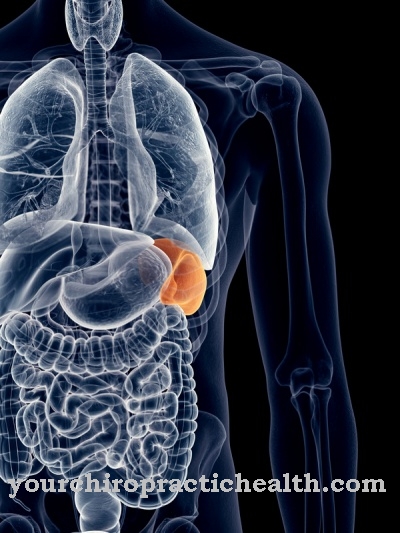
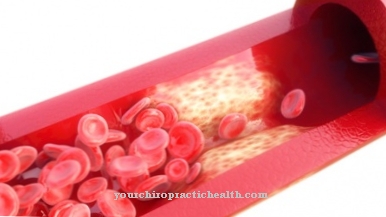




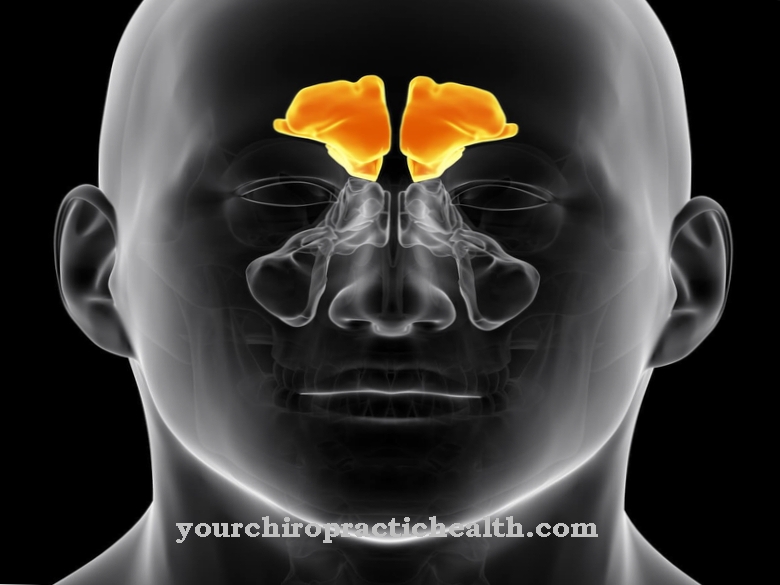



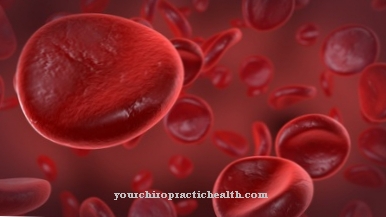
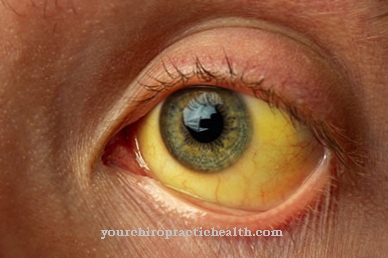


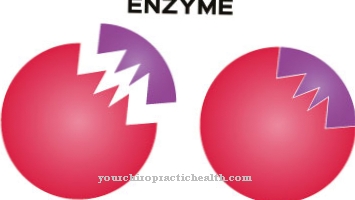
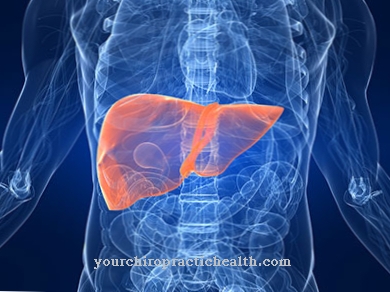

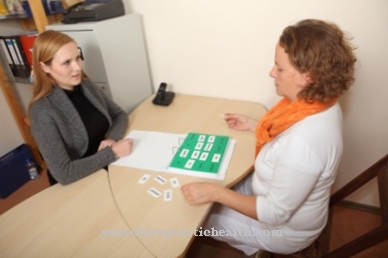

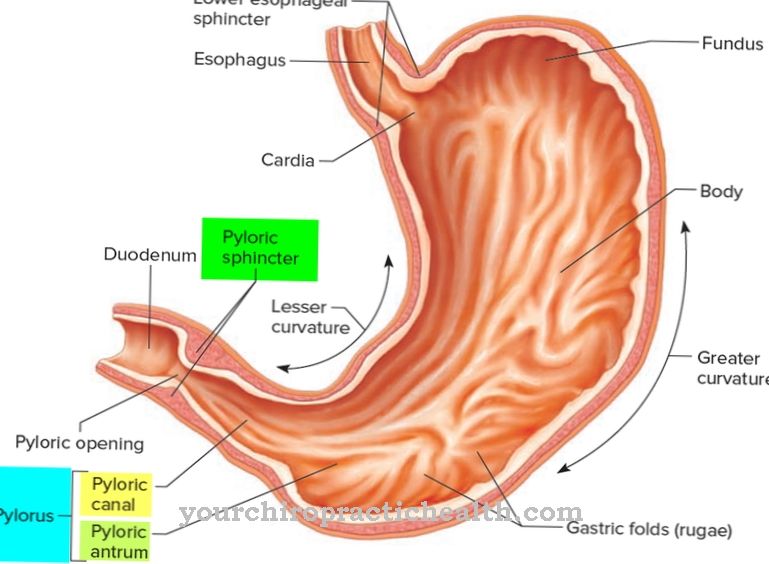
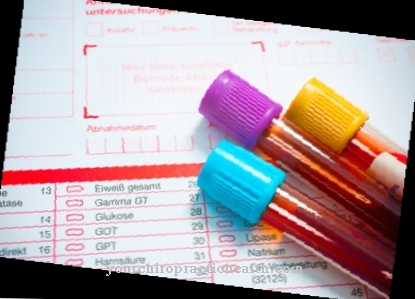
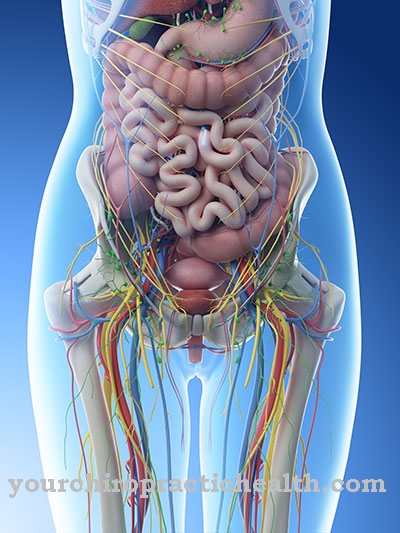

.jpg)